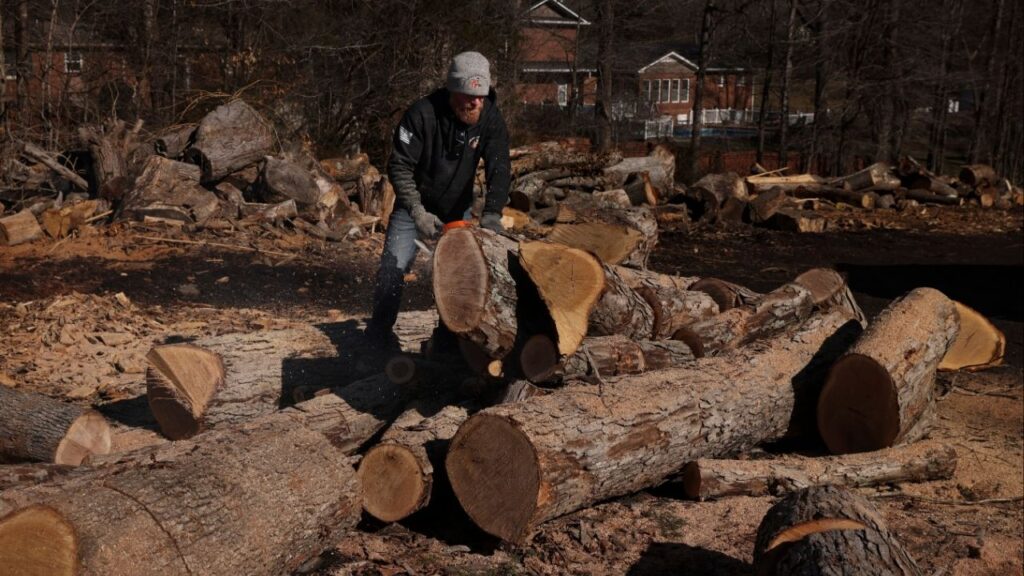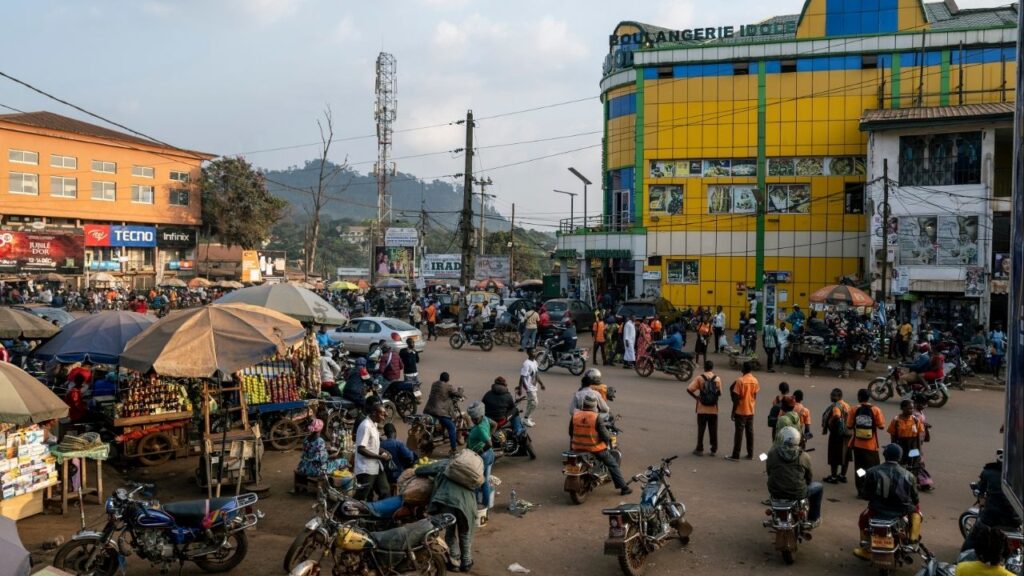Share
SACRAMENTO — California lawmakers harshly criticized state corrections officials’ “failure of leadership” Wednesday, saying they botched their handling of the coronavirus pandemic by inadvertently transferring infected inmates to a virus-free prison, triggering the state’s worst prison outbreak.
“I don’t say this lightly, but this is a failure of leadership. This crisis is completely avoidable,” said state Sen. Mike McGuire, who represents the San Quentin area.
The transfer from the stricken prison in Southern California “should have never happened,” McGuire said at a Senate oversight hearing. ”And then the virus spread like wildfire.”
An inmate on death row at the prison died Wednesday after being found unresponsive in his cell, although authorities hadn’t determined the cause of death or whether he had COVID-19, according to the state Department of Corrections and Rehabilitation.
Joseph S. Cordova, 75, had been on California’s death row since 2007, when he was sentenced for the 1979 rape and murder of 8-year-old Cannie Melinda Bullock in San Pablo, the department said.
Assemblyman Marc Levine, a fellow Democrat who also represents the region, said lawmakers and inmate advocates had been warning everyone from Gov. Gavin Newsom on down since the start of the pandemic that prisons were uniquely vulnerable.
[covid-19-tracker]
San Quentin Has Erected Six Tents to Treat Infected Patients
He called the transfer of infected inmates to San Quentin “the worst prison health screw-up in state history.”
“We cannot sweep it under the rug. There must be accountability,” Levine added. “Never has too little, too late been more true, or cruel.”
Corrections Secretary Ralph Diaz countered that prison officials “have worked tirelessly” to protect inmates statewide.
The department on Tuesday created a command center at San Quentin that includes medical, security, emergency management and infectious disease experts from multiple state agencies, he said.
San Quentin has erected six tents to treat infected patients and create room for more physical distancing elsewhere in the prison.
Officials recently announced a new plan to free certain inmates statewide who are within six months of their release date, and said those early releases to parole or probation supervision were being expedited at San Quentin. The state also plans to more swiftly release eligible inmates with high-risk medical conditions.
“The thought that we don’t care or I don’t care personally, that’s the farthest from the truth,” Diaz said.
The San Quentin outbreak is in danger of helping overwhelm San Francisco Bay Area hospitals already strained by coronavirus cases, said state and local health officials and advocates.
McGuire said 24 out of 25 intensive care beds in Marin County are full, with eight of those patients from San Quentin.
J. Clark Kelso, a federal court-appointed receiver who controls medical care in the prison system, said 42 of San Quentin’s inmates have been sent to outside hospitals.
Two of 66 Patients Transferred to Corcoran State Prison Later Tested Positive
He said the problem at San Quentin stemmed from good intentions, when officials decided to move medically vulnerable inmates from the Southern California prison, which had been the hardest hit and has accounted for 16 of the prison system’s 22 deaths. The total does not include 71-year-old San Quentin death row inmate Richard Eugene Stitely, who died a week ago and tested positive for coronavirus, although his exact cause of death has not yet been determined.
Two of 66 patients transferred to Corcoran State Prison in the Central Valley later tested positive, Kelso said, but Corcoran has largely been able to contain the outbreak to 125 inmates and no deaths.
Twenty-five of the inmates transferred o San Quentin subsequently tested positive for coronavirus, Kelso said, and infections quickly spread through open cell houses with ventilated doors. There were delays in getting test results. And many inmates refused testing, he said, including as many as 300 inmates in one cell house.
San Quentin’s physical layout also makes it more difficult to isolate inmates, Kelso said. Still, about 300 of the more than 1,100 infected inmates are expected to be deemed recovered this weekend, he said.
For most people, the new coronavirus causes mild or moderate symptoms, such as fever and cough that clear up in two to three weeks. For some, especially older adults and people with existing health problems, it can cause more severe illness, including pneumonia, and death.
Statewide, more than 2,600 inmates have active cases of the virus, prison officials said, and 2,200 inmates have recovered.
Newsom has repeatedly defended his administration’s handling of the pandemic in prisons, noting that he has ordered about 3,500 early releases, plans about 3,500 more, and halted transfers from local jails to create more space in prisons for social isolation.



















